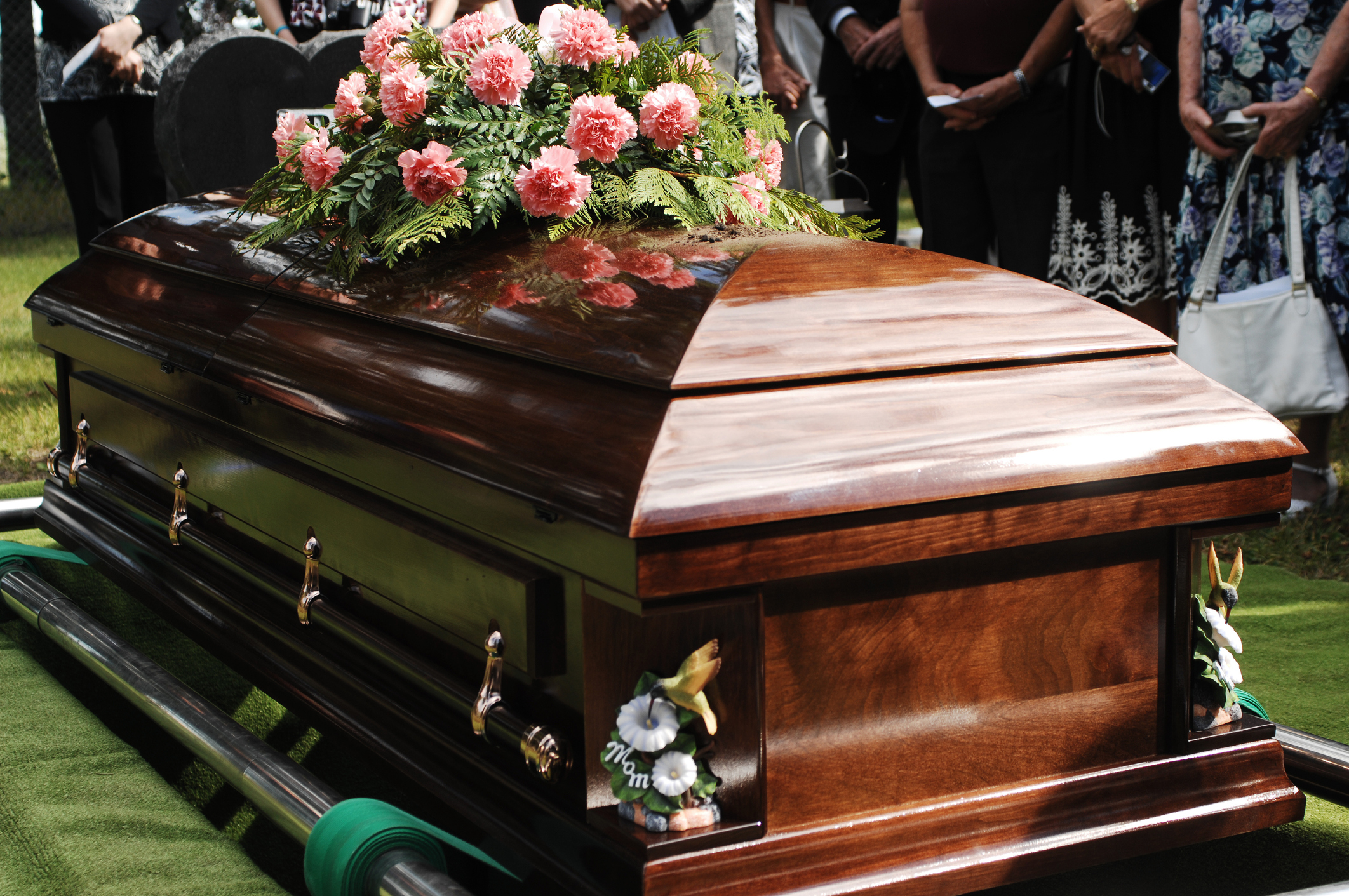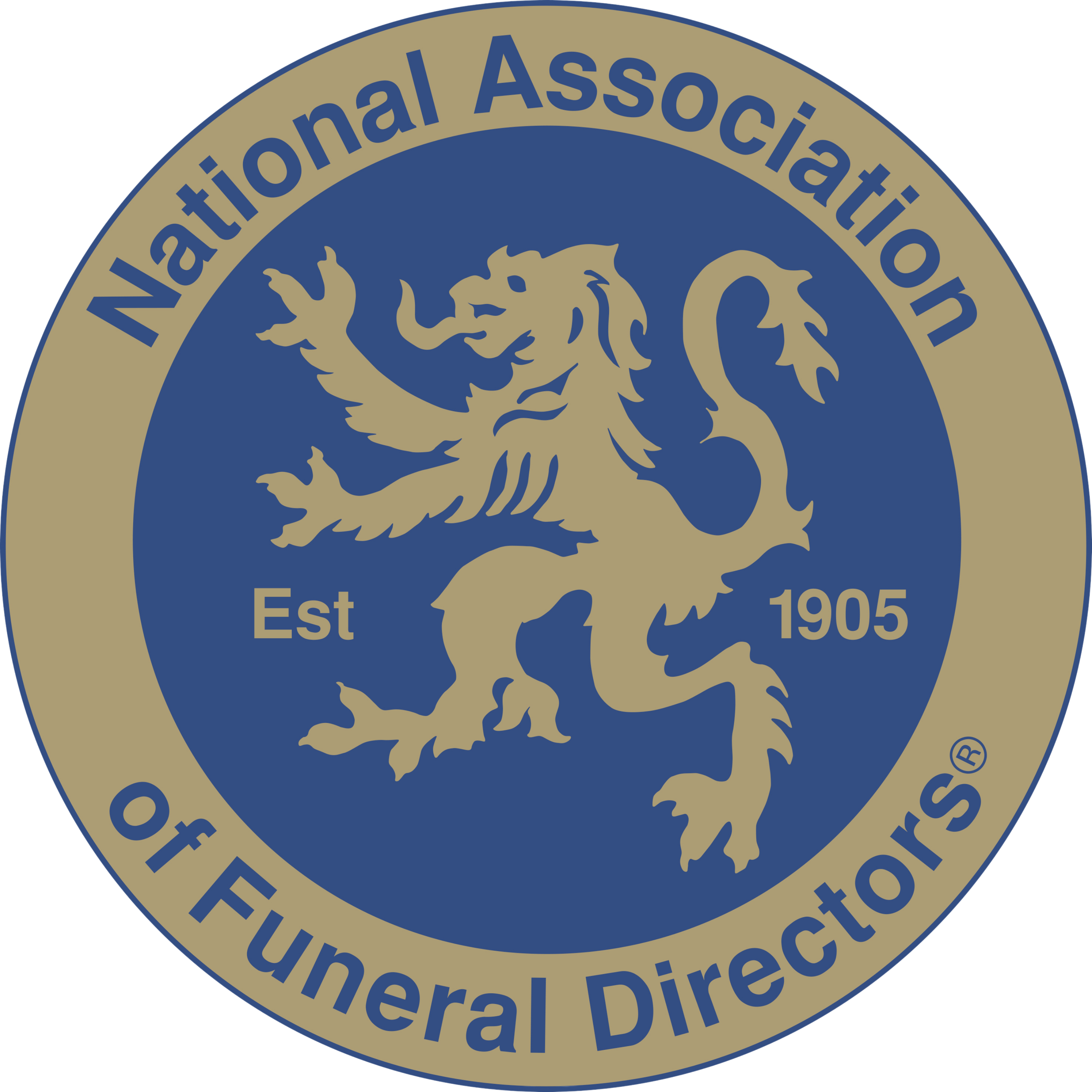What To Do When Someone Dies
Contact UsDedicated Local Family-Run Business
Compassionate Funeral Planning
Available 24/7
Funerals Created To Your Personal Wishes
We have lots of resources on what to do when someone dies, however, if you can’t find what you’re looking for, don’t hesitate to contact us, one of our friendly team will kindly assist you and offer any advice you might need.
A Sudden Or Unexpected Death
If someone has passed away at home and it was sudden or unexpected, then the first thing to do is call the emergency services. Usually, either the police or paramedics will attend and confirm that a person has passed away.
If the person has seen their own doctor within the last 28 days, the doctor will usually provide a Medical Cause of Death certificate to the family to allow registration of the death to take place. At this point you can contact us, and we can begin the funeral arrangements.
If the person who has died has not seen their usual doctor within the last 28 days, the police will arrange for the deceased to be taken into care by the coroner, who will liaise with the deceased’s doctor to confirm whether any underlying known causes may be responsible for the death. If no known medical causes can explain the death, the coroner will order a post-mortem examination to take place. Once this has happened, the coroner will usually open and then immediately adjourn an inquest into the death to allow the funeral to take place. You do not have to wait for the coroner’s inquest and can call us to discuss the funeral arrangements as soon as you feel able.
An Expected Passing At Home
If someone has died at home under palliative care and their passing was expected, there is no need to call the emergency services. Usually, the deceased’s regular doctor or a district nurse will attend and confirm the death. The doctor may leave a note called an Intention to Issue, which is a note confirming to us that the doctor is satisfied that the death is from natural causes, and that they intend to issue a Medical Cause of Death (death certificate) to the family to allow the registration of the death. Once the doctor has said that they intend to issue the death certificate, you can contact us so we can bring the deceased into our care and begin the funeral arrangements.
When Someone Passes Away In Hospital Or A Hospice
In most instances, a passing in hospital or a hospice is expected and in the presence of medical professionals. The hospital or hospice’s bereavement team will help with providing the Medical Cause of Death (death certificate), and in some instances may even help with the registering of the death. In these situations, you can contact us and begin the funeral arrangements as soon as you feel able.
The coroner may sometimes still be involved in a death occurring in a hospital or hospice, usually for deaths that occur as a result of an accident or injury, an industrial disease such as asbestosis, during or as a result of a surgical operation and before a patient had recovered from an anaesthetic. Again, in these situations you can contact us and begin the funeral arrangements as soon as you feel able.
Registering A Death
Currently, you must register a person’s death within 14 days of their passing. This is not a requirement if the Coroner is involved (see below) Cheshire East death registrations are usually done in person, with the informant attending an appointment with the registrar. Appointments can be booked by calling 0300 123 5019.
The registrar will need to be given some information. Usually this will include the deceased’s full name and address, date of birth, specific details of the location and time of death (if known), and their occupation if they are of employment age. If the deceased is a married woman then her maiden name will also be required, as well as her husband’s full name and his occupation.
The registrar will record the deceased’s death and issue you with copies of an official death certificate. This is often required for closing bank accounts, claiming pensions, and other legal matters. Additional copies may also be purchased at this time, and currently cost £11 each.
Additionally the registrar will also give you a second document which is printed on Green paper and required to legally perform a funeral. The register office usually now email us the green, so you don’t need to bring it to us. You don’t need to wait for it, before beginning funeral arrangements.
Registering A Death Where The Coroner Is Involved
If the person who has passed away had an unexpected death, and the coroner is involved then the Coroners team will usually take care of the registration. Because an inquest can take many months, the need to register the death within 14 days, does not apply. In between the death, and the inquest, The Coroner will usually issue interim Death Certificates, to allow the family to deal with legal and financial matters.
They will also provide us with the necessary paperwork to perform the funeral service and any necessary hospital release forms that we may need to collect your loved one from a hospital. We will contact the Coroner on your behalf to advise them we are looking after the funeral.


